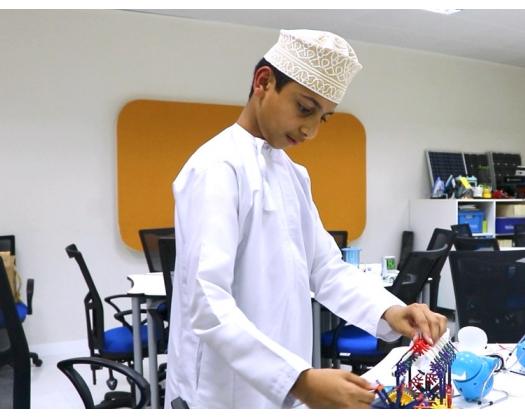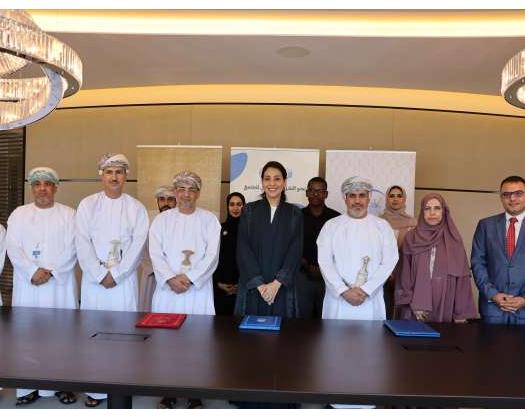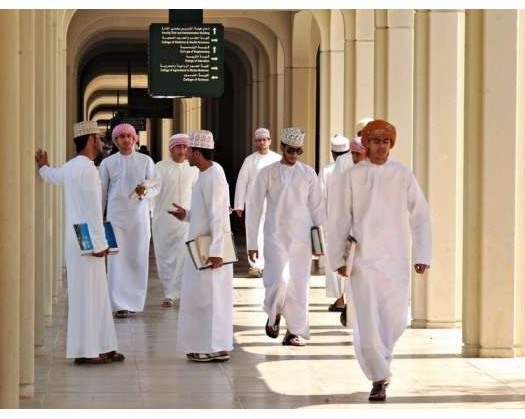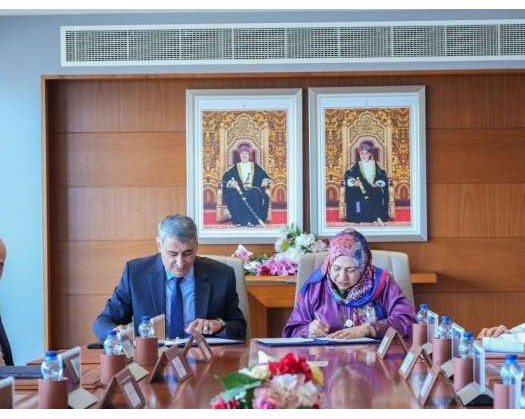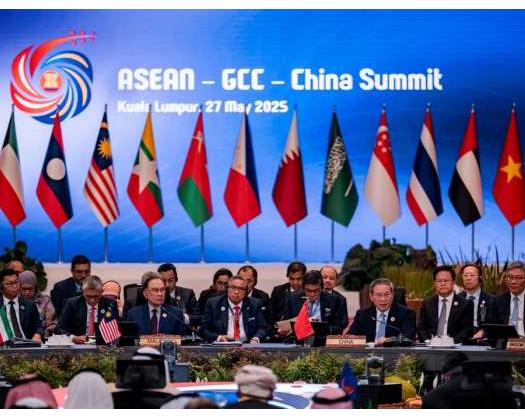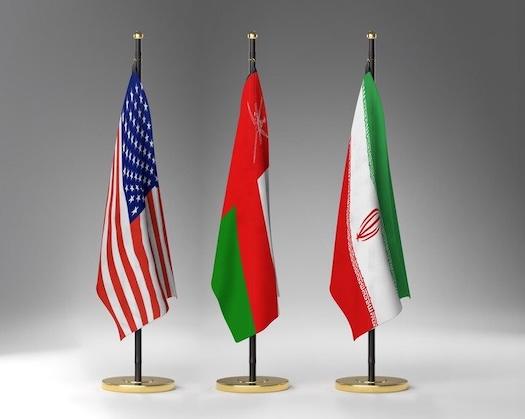Muscat: On Thursday, Dr Mahad bin Said Baowain, Minister of Labour, announced the Ministry's annual plans, revealing their aim to generate 35,000 job opportunities in both the public and private sectors this year.
According to a top official from the Ministry of Labour, future employment will prioritize skills rather than degrees. It is crucial for individuals to enhance their skills in order to align with job prospects. These skills will serve as a gateway to better employment opportunities.
Dr Baowain provided statistics on the current workforce, stating that as of August 2023, the government sector employed approximately 195,902 individuals in permanent and temporary positions. Among them, 170,735 were Omanis, while 25,167 were non-Omanis. In the private sector, there were 2,145,553 workers, including 253,399 Omanis and 1,892,154 non-Omanis.
Furthermore, a study is underway to address the issue of families with no employed members. The study aims to explore potential solutions, such as limiting competition within this category or establishing a dedicated program to support them.
Dr Baowain also addressed the concerns surrounding the Omani Aviation Training Programme, which has recently sparked controversy. He discussed the current status of trainee pilots and their future prospects upon completing the training.
The Ministry of Labour has introduced a new approach to delegate employment responsibilities to various sectors. This shift entails that sector owners will take charge of providing the necessary human resources for their respective sectors. Under-Secretary of the Ministry of Labour for Labour, Shaikh Nasr bin Amer al Hosni, mentioned that the impact of this change will be evident in the upcoming year, leading to the availability of quality job opportunities. Al Hosni emphasized that the ministry will offer support and training in collaboration with sector owners to facilitate this transition.
Furthermore, Al Hosni highlighted that there are certain job roles that only those within the sectors are aware of and can effectively allocate. He cited the successful implementation of this strategy within the energy and oil sector, which now independently manages its human resource requirements. This successful model will be replicated in other sectors like tourism, fisheries, and higher education, ensuring efficient workforce management across various industries.
In a related statement, Al Hosni emphasized the importance of job-seekers understanding that transitioning between sectors is now possible. This means that individuals can work in the private sector and still have the option to apply for positions in the public or government sector, and vice versa, due to the unified insurance fund. Al Hosni noted that in the past, many job-seekers avoided the private sector in favor of waiting for government jobs, fearing that working in the private sector would limit their chances of securing employment in the government sector.
In the upcoming years, job opportunities will be more focused on skills rather than academic qualifications. Al Hosni urged individuals to enhance their skills to align with job demands, as these skills will be the key to unlocking various job prospects and increasing their chances of securing employment.


